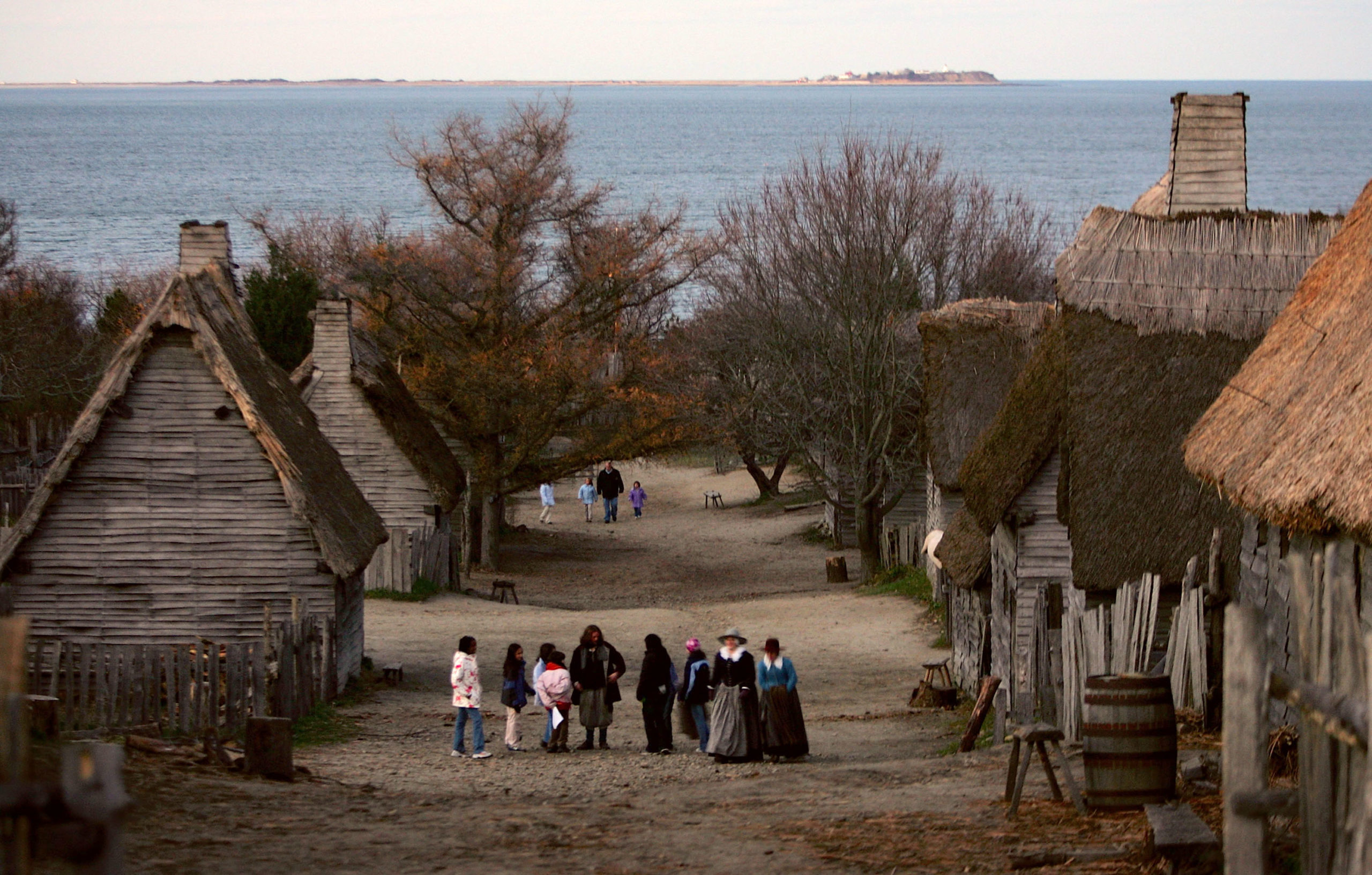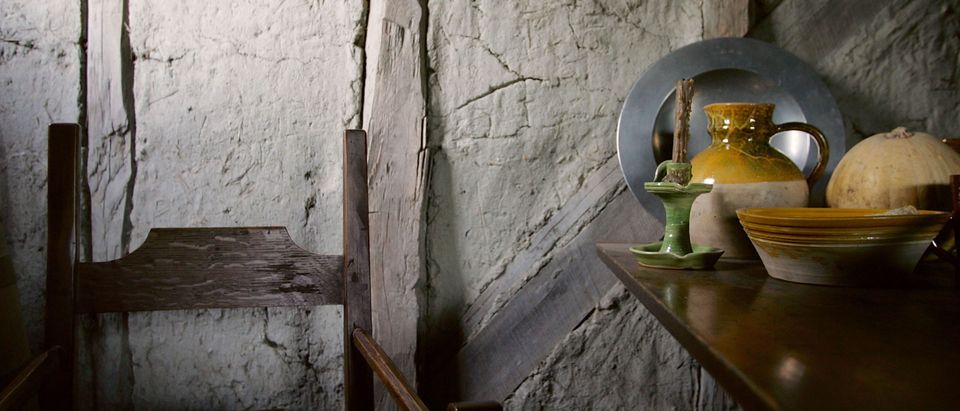The Wall Street Journal (WSJ) editorial board hit back against progressives for trying to cancel their Thanksgiving editorials after a leftist petition claimed the outlet was “publishing 17th century racism.”
“No doubt it was only a matter of time,” the editorial board wrote. “The progressives have come for our annual Thanksgiving editorials. They won’t succeed, but we thought we’d share the tale with readers for an insight into the politicization of everything, even Thanksgiving.”
The WSJ has run two editorials written by former editor Vermont Royster since 1961. One is a historical account of the Pilgrims in 1620 as told by William Bradford, who was the governor of Plymouth Colony. The second piece is from the mid 1900’s and talks about all that is good in America and what Americans could be thankful for.
“For decades, we’ve run them with nary a discouraging word,” the editorial board wrote. “But we live in a new era when the left sees nearly everything through the reductive lens of identity politics. It sees much of American history as a racist project that should be erased. This is the motivation of a petition campaign to censor the Pilgrim editorial.” (RELATED: Survey Shows How Much More Americans Will Be Paying For Thanksgiving Dinner This Year)
A petition on Change.org that has thus far garnered about 50,000 signatures says it is time to “tell the Wall Street Journal that it’s 2021. It’s time to stop publishing 17th century racism.” The petition, started by author Randy Kritkausky, claims the editorials published include hurtful lines such as “What could they see but a hideous and desolate wilderness, full of wilde beasts and wilde men?” The petition claims referring to indigenous persons as “wilde men” is “racist and should not be acceptable.”

PLYMOUTH, MA – NOVEMBER 17: People visit the 1627 Pilgrim Village at “Plimoth Plantation” where role-players portray Pilgrims seven years after the arrival of the Mayflower November 17, 2005 in Plymouth, Massachusetts. (Joe Raedle/Getty Images)
“The Wampanoag indigenous people saved the colonists from starvation and death, a story that our nation now celebrates as Thanksgiving. But even more than this disturbing lack of gratitude is the notion that there were no civilized people in the Americas. This world view generated centuries of genocidal practices that eliminated 90% of the indigenous population, my ancestors,” the petition reads, noting “indigenous people are still experiencing lethal prejudice.”
The Wall Street Journal acknowledged that the petition does make a historical point, “which is fair enough, but then wraps it in the grievances of contemporary politics to claim the editorial is racist.”
“Somehow the Pilgrims and their chronicler share responsibility for genocide,” the editorial board wrote. “The point of the statement and petition isn’t to promote debate but to shut it down.”
“We don’t mind giving critics a chance to make their case, but we won’t bend to political demands for censorship. We will run the editorials as usual this week.”


